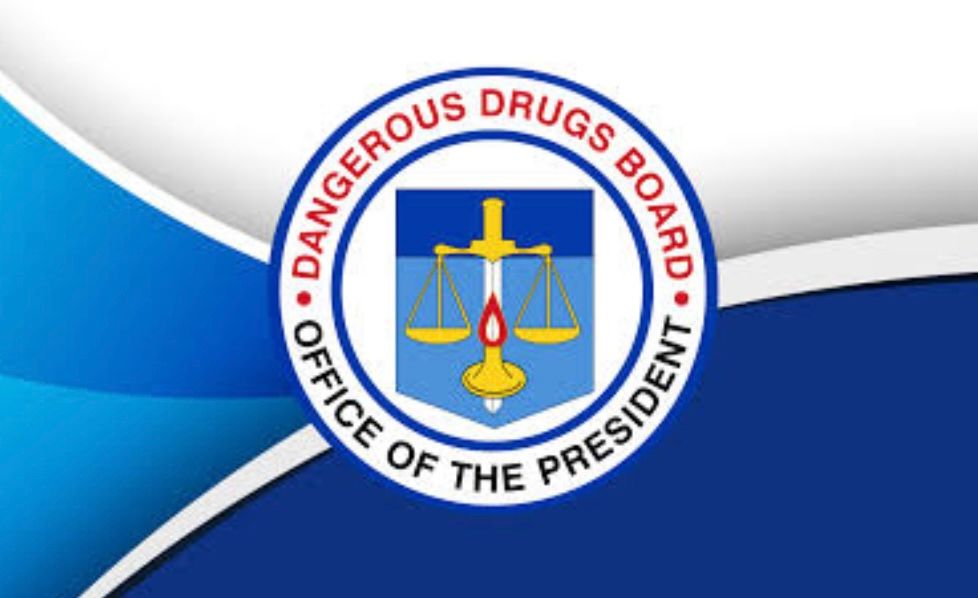DDB, stakeholders hold traditional healing techniques for PWUDs
By Chito Chavez

The Dangerous Drugs Board (DDB) and the Department of Health-Ilocos Center for Health Development led a specialized training on the use of traditional and complementary medicines to manage common illnesses for persons who used drugs (PWUDs).
In a statement, the DDB acknowledged that the method is vital with the complexities and the multifaceted nature of drug abuse recovery journey.
The DDB noted the training provided practical insights into alternative healing techniques that brought together healthcare workers and medical professionals from various localities of Pangasinan province, who frequently responded to the needs of individuals undergoing community-based drug rehabilitation programs and patients of treatment and rehabilitation centers.
“Key highlights of the training focused on the safe and effective application of herbal medicine, acupressure and cupping therapy (ventosa), equipping participants with additional tools to enhance patient care,’’ the DDB said.
As part of our commitment to a holistic approach to drug prevention and rehabilitation, the DDB continues to expand its research on diverse treatment modalities and alternative medicine practices while ensuring that all initiatives remain within the bounds of existing laws and regulations.
By promoting the use of locally available resources, the DDB stressed that it strives for a balanced approach to healthcare, supporting sustainable and accessible recovery solutions.
The DDB also pointed out that it fully supports the sympathetic approach in the treatment and rehabilitation of the PWUDs.
DDB Undersecretary Armando Ramolete highlighted the compassionate treatment and rehabilitation scheme of the PWUDs during the board’s consultation with the Department of Health-Treatment and Rehabilitation Centers (DOH-TRC) nationwide.
He also assured of the DDB’s commitment in strengthening the holistic services, strategies and programs through the Philippine Anti-Illegal Drugs Strategy (PADS).
The inter-agency collaboration with the DOH-TRCs aims to reinforce the country's rehabilitation agenda and improve the effectiveness, accessibility, and sustainability of intervention programs for PWUDs.
DDB chairman Oscar Valenzuela also discussed the country’s priorities in enhancing the treatment and rehabilitation agenda of the government during the inter-agency collaborative consultation.
In the said activity, Valenzuela emphasized the crucial role of healthcare frontliners in the recovery journey of the PWUDs.
Valenzuela also asserted the need for the comprehensive and responsive policies that align with both national and international frameworks, ensuring that treatment and rehabilitation remain at the core of effective and sustainable drug intervention efforts.